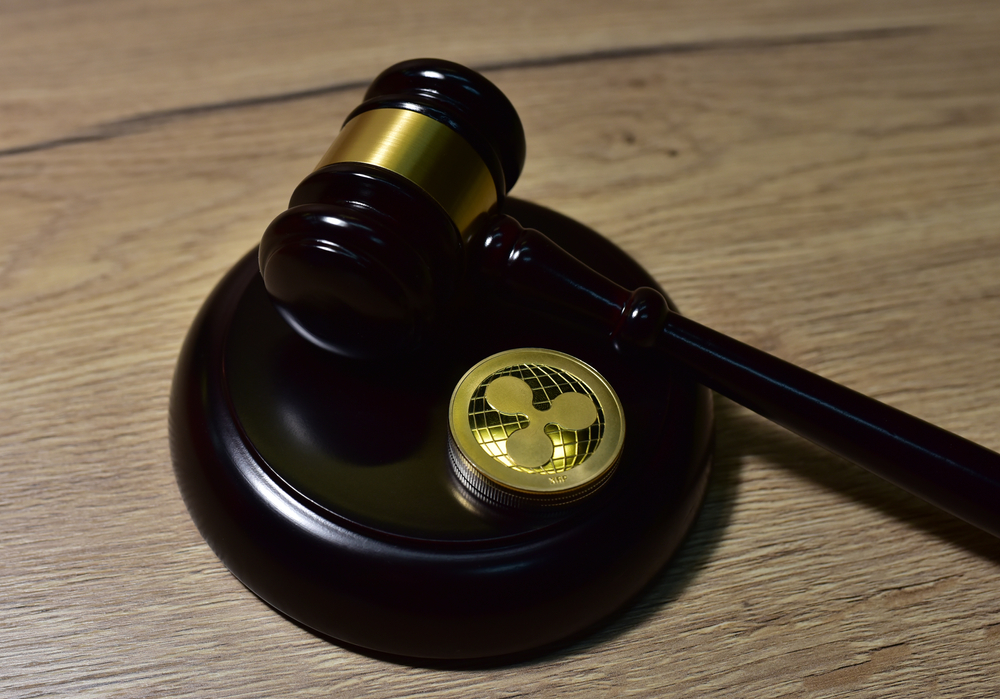Key Insights:
- The SEC’s lawsuit against Ripple over the classification of XRP as security is facing criticism.
- Bill Morgan and John E Deaton argue that the SEC’s interpretation of the Howey test needs to be more specific and plausible.
- The ruling in the Ripple case will have significant implications for the cryptocurrency market’s future.
Lawyer and digital asset specialist Bill Morgan supported John E Deaton’s compelling SEC v. Ripple case argument. The case revolves around the classification of XRP as a security. Deaton argues that the SEC’s case against Ripple is based on a vague and implausible interpretation of the Howey test, which provides the legal definition of security. Deaton’s claims point out that enough evidence does not back the SEC’s stance on Ripple, and their actions will harm the growth of the digital asset industry.
Impeccable Deaton reasoning IMHO. And if there was any doubt about how broadly the SEC has tried to stretch the Howey test in the Ripple case (to the asset itself) even if the judge Torres sidesteps ruling on secondary market sales that doubt should be dispelled by the fact /1 https://t.co/BsywekIxmv
— bill morgan (@Belisarius2020) May 5, 2023
SEC criticized over XRP classification
Deaton leveled some serious allegations against the SEC, stating they had taken an easy way out in their lawsuit against Ripple. He added that they had stretched the Howey test too far, including all XRP sales, even those in the distant future. Deaton also criticized the SEC’s argument that XRP in the secondary market was an investment contract, stating that the agency had not provided any previous instance or supporting evidence for this claim.
According to Morgan, the SEC’s stance on XRP in the secondary market is far-reaching. It would categorize other cryptocurrencies, such as Algorand and Dash, as securities, regardless of their sale in the secondary market. Such a broad interpretation of the law could have profound consequences for the entire crypto sphere.
Ripple’s future hinges on the SEC ruling
The Ripple case has garnered immense attention from the crypto industry. The potential classification of digital assets could have far-reaching implications. If the court rules that XRP is a security, it will imply that Ripple has been distributing unregistered securities for several years, which could lead to severe consequences. The ruling could also set a precedent for the SEC to pursue other digital assets it considers securities. The Ripple case’s outcome will significantly impact the cryptocurrency market’s future.
The crypto community is on edge as the legal dispute over XRP’s security classification rages on. The verdict is awaited with bated breath, and until it’s delivered, the fate of XRP and other cryptocurrencies will remain undecided. The outcome of this case has significant implications for the entire digital asset market.
